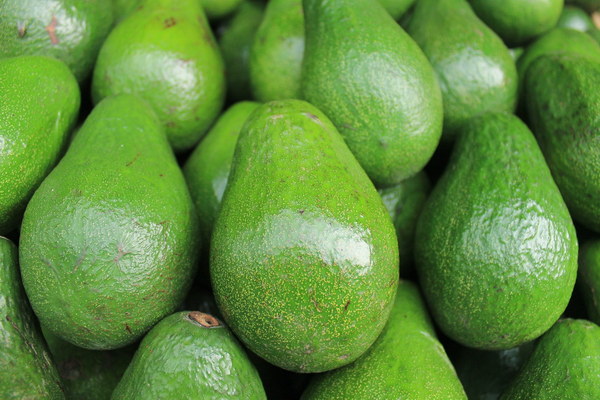Natural Relief for Nasal Allergies A Nutritional Approach to Alleviating Rhinitis Symptoms
Introduction:
Nasal allergies, also known as rhinitis, can be an irritating and persistent condition affecting millions of people worldwide. While medication can provide relief, many individuals seek natural alternatives to manage their symptoms. Nutrition plays a significant role in the prevention and alleviation of nasal allergies. In this article, we will explore various dietary approaches to help ease the symptoms of rhinitis and improve overall respiratory health.
1. Hydration is Key:
Drinking plenty of fluids is essential for maintaining the health of your respiratory system. Water helps thin mucus, making it easier to expel allergens from the nasal passages. Aim for at least eight glasses of water per day, and consider adding herbal teas, broths, and clear juices to increase your fluid intake.
2. Vitamin C and Antioxidants:
Vitamin C is a powerful antioxidant that can help reduce inflammation and support the immune system. Citrus fruits, berries, kiwi, bell peppers, and dark leafy greens are all excellent sources of this essential nutrient. Incorporate these foods into your diet to strengthen your body's defense against allergens.
3. Omega-3 Fatty Acids:
Omega-3 fatty acids have anti-inflammatory properties and can help reduce the severity of allergic reactions. Foods rich in omega-3s include fatty fish (such as salmon, mackerel, and sardines), flaxseeds, chia seeds, and walnuts. Aim to consume these foods at least twice a week to reap the benefits.
4. Quercetin-Rich Foods:
Quercetin is a flavonoid that has been shown to reduce the release of histamine, a compound responsible for allergic symptoms. Foods high in quercetin include apples, onions, garlic, berries, and leafy greens. Adding these foods to your diet can help alleviate nasal allergies.
5. Probiotics:
Maintaining a healthy gut flora is crucial for overall immune function. Probiotics, found in fermented foods like yogurt, kefir, sauerkraut, and kimchi, can help regulate the immune system and reduce the severity of allergic reactions. Incorporate these foods into your diet to promote a balanced gut environment.
6. Reduce Inflammation with Anti-inflammatory Foods:
Certain foods have anti-inflammatory properties that can help reduce the symptoms of nasal allergies. These include ginger, turmeric, green tea, dark chocolate, and berries. Add these foods to your meals to reduce inflammation and support respiratory health.
7. Avoid Allergen-Triggering Foods:
Identifying and avoiding food allergens is crucial for managing nasal allergies. Common allergens include dairy, eggs, peanuts, tree nuts, wheat, and soy. Keep a food diary to track any reactions and eliminate trigger foods from your diet.

Conclusion:
Incorporating these nutritional strategies into your diet can help alleviate the symptoms of nasal allergies and improve your overall respiratory health. While medication may still be necessary for some individuals, these dietary approaches can serve as a complementary treatment for managing rhinitis. Remember to consult with a healthcare professional before making significant changes to your diet or treatment plan.









